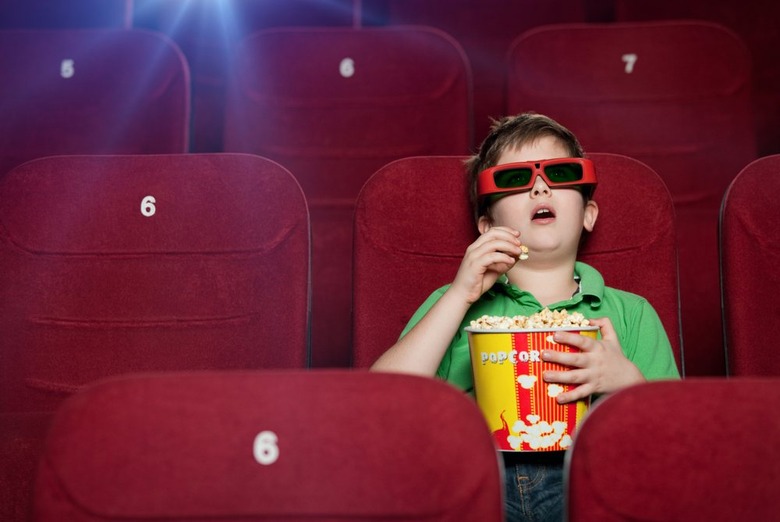The Chewing Noises You Hate To Hear Are Actually An Important Part Of Sticking To Your Diet
The noises we make while eating, known as the "crunch effect," can serve as a natural way to avoid overeating, according to a new study published in the Food Quality and Preference journal.
Researchers found that the louder the chewing noises, or greater "food sound salience," the less food subjects ate during the study. Participants all ate crunchy foods during the study, like cookies, pita chips, and pretzels.
In one experiment, even exposing participants to the sounds of eating, by showing them an advertisement, made subjects eat less. Conversely, subjects who wore headphones and listened to loud music while eating tended to eat more than their peers, suggesting that food noises are an important environmental indicator in appetite satisfaction.
"Sound is typically labeled as the forgotten food sense," said Ryan Elder, an assistant professor of marketing at BYU's Marriott School of Management, and the paper's lead author. "But if people are more focused on the sound the food makes, it could reduce consumption."
Being engrossed in loud television, or a surround-sound experience at the movies, can also make us less aware of how much we've eaten — which explains why a jumbo-sized popcorn can disappear over the course of a two-hour blockbuster.
"When you mask the sound of consumption, like when you watch TV while eating, you take away one of those senses and it may cause you to eat more than you would normally," Elder said. "The effects may not seem huge — one less pretzel — but over the course of a week, month, or year, it could really add up."
